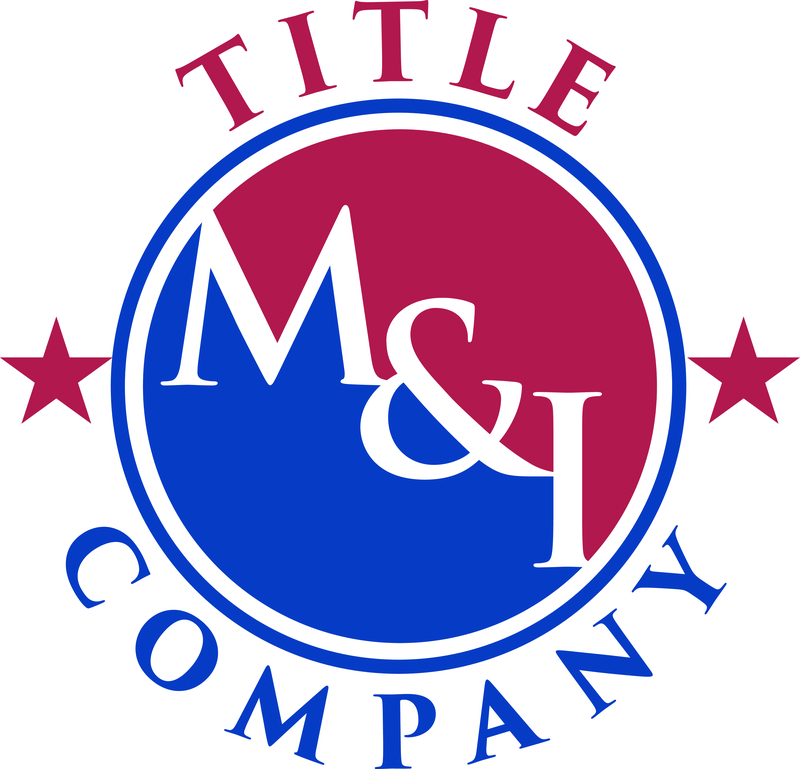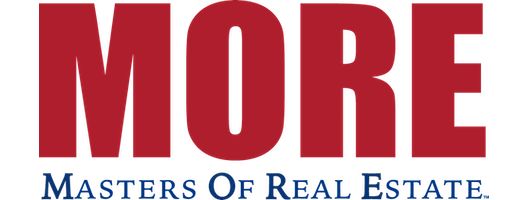
Dennis Norman
Before you decide on a mortgage make sure you fully understand all the terms of the loan and make sure you know what you are getting yourself in for. Some home mortgages have features that may be risky and make it difficult for you to make your payments in the future. Be sure that you understand the loan terms, the risks and all the costs of the loan you are getting. To help you, below are 7 key questions to ask your lender about your mortgage BEFORE you accept a loan.
1.Will my interest rate ever increase, or is it fixed for the life of the loan?
- There are “fixed-rate” loans where the interest rate is generally the same throughout the life of the loan and then there are “adjustable rate mortgages” or ARM loans where your interest rate can go up or down after a short period. ARM’s are not bad loans and, in many cases could be a good alternative, but with an ARM there is more for you to look at and consider. You will want to find out how long the initial interest rate is fixed, and then how often your interest rate can change, is there a cap on how much it can change each time and is there a “lifetime” limit on how much it may change? Find out what the rate is tied to and how the adjustments are determined. Once you have all this information you can then compare all of the terms to other loans. You should also determine what your payment will become if the maximum adjustment upward happens and be comfortable that you will be able to afford the payment.
2. Can my monthly payment increase?
- Just like your payment may change if you have an ARM loan, some other loans may have provisions for a change in payment as well. This may be the result of a “buy-down” in the rate for a period of time, a lower introductory rate or other promotion. In addition, most mortgage payments include your home insurance and property taxes which most likely will increase in time so you should take that into account as well when determining what you can afford.
3. Will my payments reduce what I owe?
- You may think this is a silly question and may be saying “of course it will” but that is not always the case. There are “interest only” loans where none of your payment actually goes to repaying the loan, just the interest so your balance remains the same. There are also “negative amortization” loans in which your payment doesn’t even cover all the interest and you actually owe MORE on your loan each month than you did the month before.
4. Will I owe a balloon payment?
- Many home mortgages are “fully amortized” meaning you pay the loan off in full over time with your normal monthly payments but some loans have a “balloon” payment that comes due at some point. This balloon payment is usually the principal balance of the loan and therefore the typical borrower is not in a position to repay it at the time but must count on the ability to refinance or sell the property prior to the balloon coming due.
5. If I pay off my loan early will I owe a prepayment penalty?
- When lenders make you a home loan they incur some expense in doing so (processing, commissions, etc). They do this counting on collecting interest from you for a period of time so if you refinance your loan or sell your home and pay off the loan much earlier than expected their returns may suffer. To make up for this many lenders charge a “prepayment” penalty if the loan is paid off early. This penalty is typically thousands of dollars so you will want to know the amount up front, or better yet, find a loan without a prepayment penalty.
6. Will I have to prove my income, employment and assets to get the loan?
- Sometimes a lender will make a loan without requiring you to show that you are employed or proving that you have the ability to repay the loan. This type of no-documentation (“no-doc”) or low-documentation (“low-doc”) loan usually have higher interest rates or higher fees than traditional loans.
7. How much “cash out of pocket” will I need for this loan and when will I have to pay it?
- Some, or all of the fees you will be charged in connection with your loan will be added to your loan amount but some will have to be paid by you in addition to your down payment thereby increasing the amount of cash you will need to invest in the transaction. You cannot be charged any loan fees, other than a credit report fee, until you have received all of the disclosures required by law with all the terms and costs associated with the loan so don’t decide on, or commit to a loan, until after you have fully reviewed all the disclosures and understand how much cash you will need to come up with to complete the transaction.



Leave a Reply
You must be logged in to post a comment.